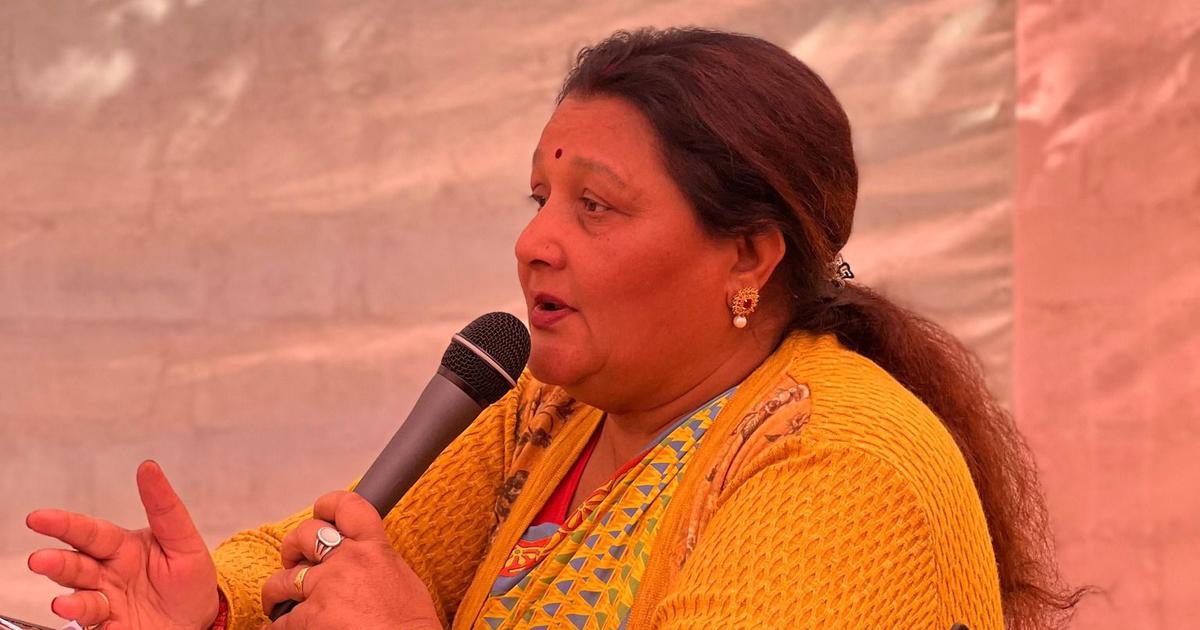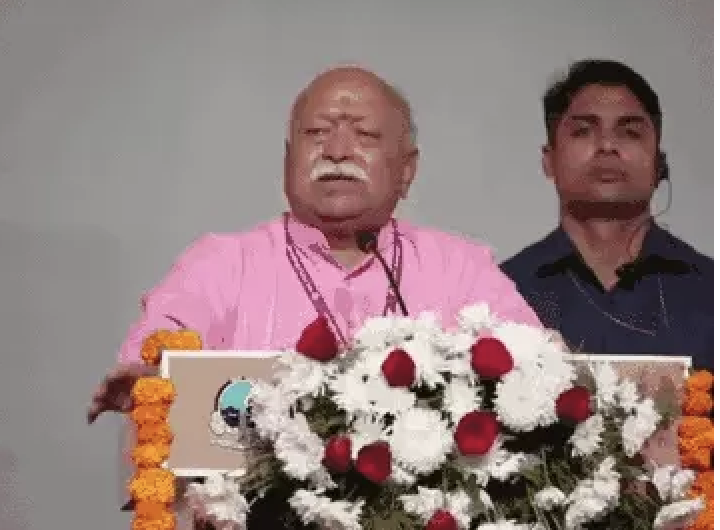On the anniversary of his arbitrary detention, human rights organisations, including FIDH and OMCT within the framework of the Observatory for the Protection of Human Rights Defenders, demand the immediate release of Kashmiri journalist and human rights defender Irfan Mehraj, alongside Khurram Parvez, arbitrarily detained for two and a half years. Their imprisonment highlights a broader crackdown on press freedom and human rights in Indian-administered Kashmir.

By Human Right Defenders
March 20, 2024- We, the undersigned civil society organisations, call for the immediate and unconditional release of Kashmiri journalist and human rights defender Irfan Mehraj. While on a professional assignment on March 20, 2023, Mehraj was summoned for questioning and arbitrarily detained by India’s National Investigation Agency (NIA) in Srinagar under provisions of the Indian Penal Code and the Unlawful Activities (Prevention) Act.
Mehraj is a well-regarded Srinagar-based independent journalist. He is the founding editor of Wande Magazine and a senior editor at TwoCircles.net. He was a frequent contributor to leading news publications in Kashmir, India and internationally (including Deutsche Welle and TRT World). Mehraj also previously worked as a researcher at the Jammu Kashmir Coalition of Civil Society (JKCCS), an internationally recognised leading civil society organisation in Indian-administered Kashmir that has done ground-breaking and extensive human rights documentation work in the region.
Mehraj is facing multiple politically motivated charges including ‘sedition’ and ‘funding terror activities’ along with internationally renowned human rights defender Khurram Parvez, [1] the Program Coordinator for JKCCS. Parvez has been arbitrarily detained for over two and a half years. The NIA targeted Mehraj for being ‘a close associate of Khurram Parvez.’ Both Mehraj and Parvez are presently in pre-trial detention in the maximum-security Rohini prison in New Delhi, India.
In June 2023, United Nations experts expressed serious concerns regarding the charges against and arrest of Mehraj and Parvez, stating that their continued detention is ‘designed to delegitimise their human rights work and obstruct monitoring of the human rights situation in Indian-administered Jammu and Kashmir.’ On March 7, 2024, UN experts sounded the alarm on the “harassment and prolonged detention of human rights defenders and journalists” in the country. The cases against Mehraj and Parvez seek to criminalise human rights work in Indian-administered Kashmir and the support for any such work under the guise of countering financing of ‘terrorism.’
The UAPA is a counter-terrorism law often used against human rights defenders by the Indian authorities to target, harass, intimidate, and detain them on bogus and politically motivated charges. In May 2020, UN experts expressed concerns over the non-conformity of various UAPA provisions with international human rights standards. In October 2023, they reiterated their concerns, stating that the pre-trial detention period of 180 days–which can subsequently be increased–is beyond reasonable. They called for a review of the UAPA in line with international human rights standards and with recommendations made by the Financial Action Task Force.
Irfan Mehraj’s detention is part of a growing crackdown against journalists and human rights defenders in Indian-administered Kashmir.
Since August 2019, when Jammu and Kashmir’s special status was arbitrarily revoked, there has been increasing harassment against the media. Journalists have been arrested, media outlets shut down, and self-censorship has become pervasive. In another emblematic case, on 29 February 2024, journalist Asif Sultan was re-arrested by the Jammu and Kashmir police shortly after being released and having spent five years in detention under the UAPA and the Jammu and Kashmir Public Safety Act. Kashmiri journalists also face travel bans and revocation of their passports by Indian authorities. Consequently, information flow from Kashmir–especially on human rights violations–has been severely restricted.
Mehraj’s continuing arbitrary detention is emblematic of the Indian authorities’ escalating crackdown on human rights including the rights to freedom of expression and association in Indian-administered Kashmir. The detention of Mehraj and Parvez creates a chilling effect among other human rights defenders and journalists, thereby allowing grave and systemic human rights violations to continue with impunity and minimal transparency.
Our organisations, therefore, call for the immediate release of Irfan Mehraj and Khurram Parvez and for an end to all reprisals against Kashmiri human rights defenders and journalists. We urge Indian authorities to repeal or amend the UAPA and to bring it in conformity with international human rights standards, and to end the criminalisation of human rights defenders, journalists, and their invaluable work.
We also call upon Indian authorities to comply with their international human rights obligations by respecting, protecting, promoting, and fulfilling the human rights of everyone as well as by allowing civil society and the media to freely operate in Indian-administered Kashmir and India.
In addition, the authorities must cease their longstanding targeting, harassment, and forced closure of international civil society. Likewise, the authorities must refrain from attacking inter-governmental organisations, including UN Special Rapporteurs and other human rights mechanisms. These entities should have unfettered access to Indian-administered Kashmir and Kashmiri detainees.
Footnotes
[1] Khurram Parvez is the Deputy Secretary-General of the International Federation for Human Rights (FIDH), Chairperson of the Asian Federation Against Involuntary Disappearances (AFAD) and recipient of the 2022 Martin Ennals Award.
This story was originally published in fidh.org.






